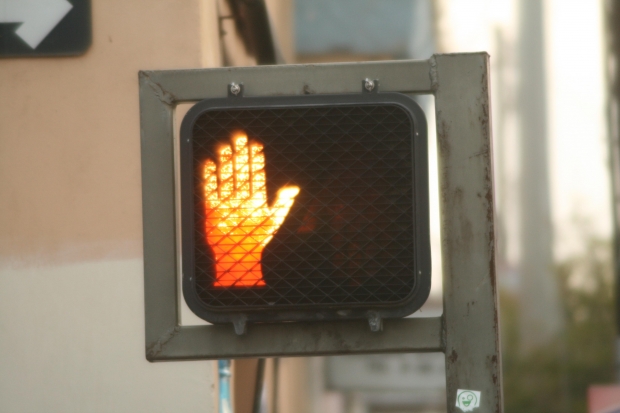There several dozen valet services in downtown Fort Lauderdale that offer assistance to motorists who need help parking their vehicles in the crowded urban streetscape. Often, these vehicles are parked off-site of where they are dropped off. The valet driver must drive the car to the off-site location and then return them. For the most…
Continue reading ›Broward Injury Lawyer Blog
Florida lawmakers are slated to begin considering whether to repeal the state’s long-standing no-fault auto insurance requirement. On average, this additional protection costs drivers about $81 per policy, according to recent research. The question legislators have to decide is whether those savings are going to be worth it in the end due to the fact…
Continue reading ›An $11 million injury verdict was affirmed recently by the U.S. Court of Appeals for the Seventh Circuit, which held there was sufficient evidence plaintiff in Baugh v. Cuprum proved his injury was owed to the defective design of a ladder from which he fell. Ladder falls are a major problem at American workplaces, but…
Continue reading ›Work is a dangerous place for many in South Florida, and there are numerous opportunities to get hurt, depending on the field. Falls are typically the most common, but motor vehicles accidents are a significant source of workers’ compensation claims too. Workers’ compensation benefits are typically the only source of money one can get from…
Continue reading ›Pedestrians aren’t safe in Florida. In fact, this state – and the Southern part of it in particular – is the most dangerous place in America for people to venture out on foot. That’s according to a new study, Dangerous by Design 2016, conducted by SmartGrowth America, in concert with the National Complete Streets Coalition.…
Continue reading ›Every year, thousands of people in the U.S. die in distracted driving accidents – 3,400 in 2015, to be exact. While most states, including Florida, have some type of law on the books that aims to curb these incidents. But there are plenty of traffic safety advocates who say these measures aren’t doing enough. Just…
Continue reading ›Good Samaritans are often lauded when they intervene in potentially perilous situations to help others. But are there grounds to assert negligence for those who fail to intervene in such circumstances? This is what is being alleged in a wrongful death lawsuit in Ohio, where a woman and her two daughters were gunned down by…
Continue reading ›The family of a 5-year-old girl killed in a car accident by a driver who was reportedly distracted is suing technology giant Apple Inc. for wrongful death. Plaintiffs allege Apple officials knew its FaceTime app, in use by the at-fault driver at the time of the fatal crash, was being used by drivers in a…
Continue reading ›The National Highway Traffic Safety Administration is proposing a rule that would accelerate the kind of vehicle-to-vehicle technology that would allow cars to “talk” to one another, and ultimately prevent accidents. Under the proposed rule, all new cars and like trucks would communicate wirelessly not just with one another, but with traffic lights and other…
Continue reading ›Personal bankruptcy filings have been declining in recent years – which is an indicator of national recovery. But there were still 3,440 filed in Florida just in January 2016. Such filing are popular in the first month of the year, when consumers begin to carefully assess their finances after the holidays. Bankruptcy, of course, should…
Continue reading ›





















